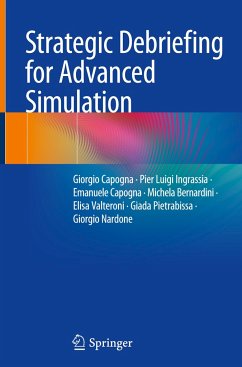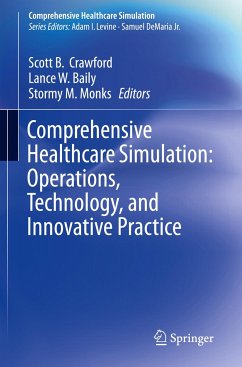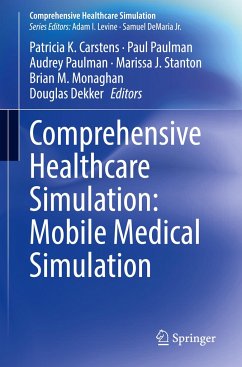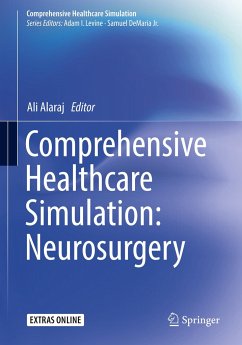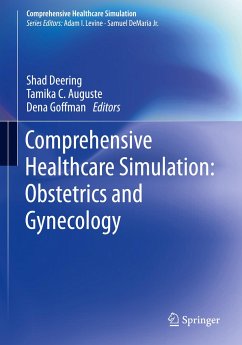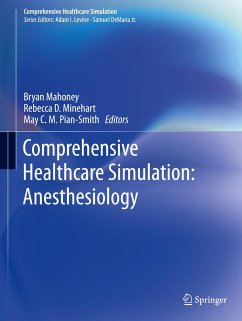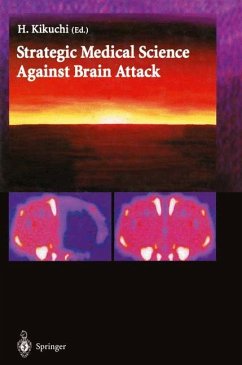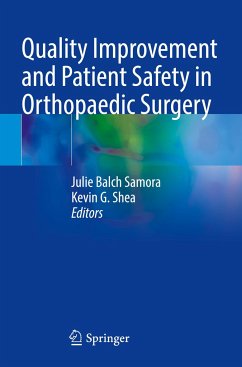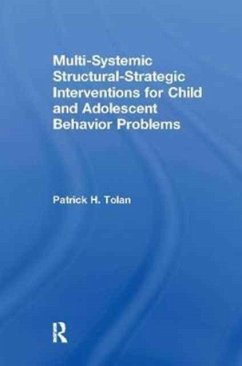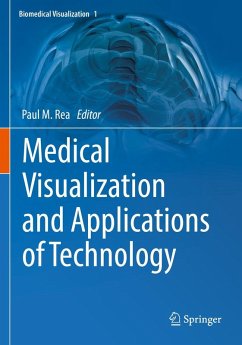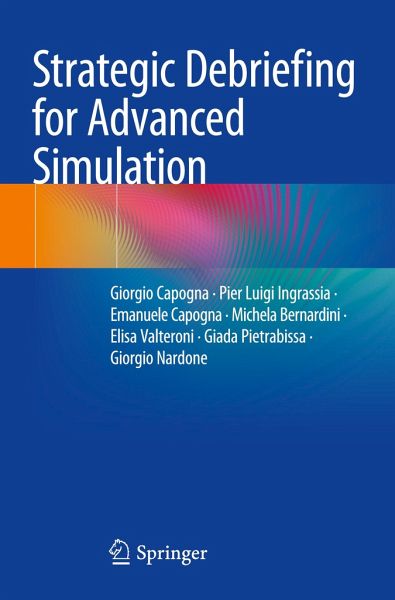
Strategic Debriefing for Advanced Simulation
Versandkostenfrei!
Versandfertig in 1-2 Wochen
53,99 €
inkl. MwSt.
Weitere Ausgaben:

PAYBACK Punkte
27 °P sammeln!
This book provides an in-depth and complete guide explaining how to incorporate the strategic dialogue and strategic communication methods into the debriefing after the scenario, characteristics that make it unique. After examining all the aspects that allow a correct use of the simulation, such as knowledge of models, logical schemes, use of the different simulators, planning of the didactic activities and of learning process, this practical book aims to explore the advanced technique of the strategic debriefing. It encourages not only those who are approaching this new debriefing tool but al...
This book provides an in-depth and complete guide explaining how to incorporate the strategic dialogue and strategic communication methods into the debriefing after the scenario, characteristics that make it unique. After examining all the aspects that allow a correct use of the simulation, such as knowledge of models, logical schemes, use of the different simulators, planning of the didactic activities and of learning process, this practical book aims to explore the advanced technique of the strategic debriefing. It encourages not only those who are approaching this new debriefing tool but also it provides a useful update to all those who are already more familiar with the standard debriefing after simulation technique.The strategic language, an effective tool in strategic psychotherapy and business problem solving, is ideal and complementary to the standard debriefing methods, making them more performing and functional because, next to common logic, it makes use of non-ordinarylogical language.
The book is intended for healthcare simulation debriefers and instructors, for hospitals' managers, university teachers and to all the physicians who are increasingly showing interest in active teaching processes with simulation.
The book is intended for healthcare simulation debriefers and instructors, for hospitals' managers, university teachers and to all the physicians who are increasingly showing interest in active teaching processes with simulation.



